
2025 ICE-T Conference presenters explain what nurses and APPs should take into account as immune cell effector therapies become more widely used.

2025 ICE-T Conference presenters explain what nurses and APPs should take into account as immune cell effector therapies become more widely used.

Hope S. Rugo, MD, FASCO, emphasized the importance of educating patients about proactive rash and diarrhea management while taking PI3K/AKT inhibitors.

Pooled data from early-phase trials suggest JSKN003 is tolerable and active in patients with heavily pretreated HER2-positive disease.

A generic version of ibrutinib was granted tentative approval by the FDA for use in CLL and SLL with 17p deletion and Waldenström macroglobulinemia.

Establishing a routine early in treatment helps proactively manage adverse effects associated with CDK4/6 inhibitors, says Kimberly Podsada, BSN, RN, MSN, NP-C, CNS.

Paolo Tarantino, MD, PhD, explains that the chemotherapy-related toxicities from an ADC are more likely to limit dosage for patients with cancer.

The addition of retifanlimab to chemotherapy increased progression-free survival in patients with advanced squamous cell carcinoma of the anal canal.

While CIML natural killer immunotherapy can result in infection-like reactions, required prior chemo may cause infections, shared Wenxin (Vincent) Xu, MD.

The investigational BET inhibitor is being investigated combined with abemaciclib or cisplatin/etoposide in NUT carcinoma in 2 clinical trials.

Patients receiving subcutaneous daratumumab have less chair time and premedication than those receiving IV formulation, says Heather Wenberg, BSN, RN, OCN.
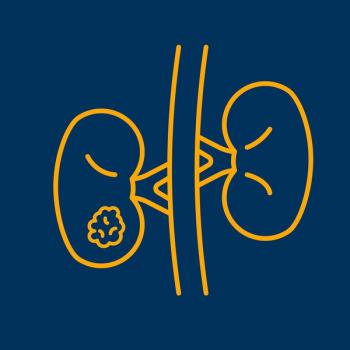
A quality-adjusted time without symptoms or toxicity analysis identified better outcomes for patients with RCC treated with belzutifan vs everolimus.
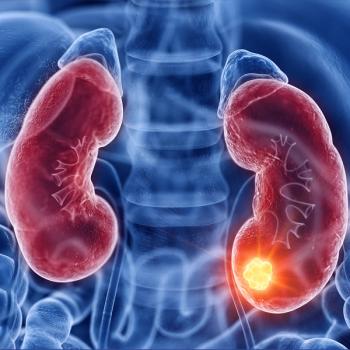
Levels of kidney injuring molecule–1 appear to be predictive of therapeutic benefit in patients with renal cell carcinoma.
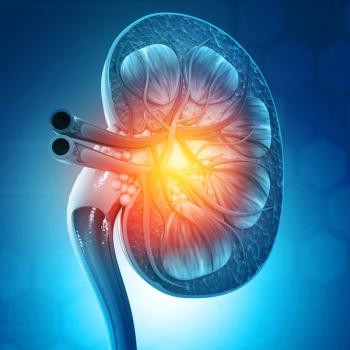
A personalized neoantigen vaccine may be effective in patients with clear cell renal cell carcinoma, shared David A. Braun, MD, PhD.

Oncology nurses can assess patients’ risk factors and advocate for preventive strategies that protect kidney function during cisplatin therapy.

Based on durable response data, TAR-200 has been given priority review for the treatment of patients with high-risk non–muscle-invasive bladder cancer.
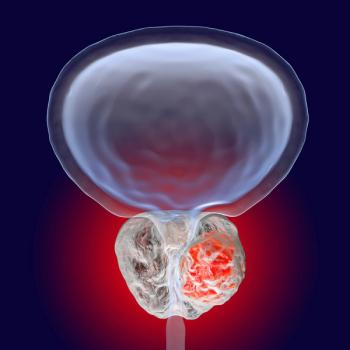
The combination of apalutamide to carotuximab showed early signs of tolerability in patients with metastatic castration-resistant prostate cancer.

Understanding actionable mutations and educating patients on the safety profiles of targeted therapies are essential for the care of HR+, HER2- mBC.

Each component of an antibody-drug conjugates—payload, linker, and antibody—play a unique role in building the treatment’s use and safety profile.

If patients with breast cancer have hyperglycemia or symptoms of it at home, a short break from capivasertib may be required, according to Hope Rugo, MD.

Most patients demonstrated at least partial response to tarlatamab in a real-world population with extensive-stage small cell lung cancer.

New therapies in breast cancer, particularly ADCs, present unique safety profiles for nurses to be aware of, according to Erika Hamilton, MD.

Data from a research database link ctDNA positivity in early breast cancer with poorer survival and higher recurrence risk.

Getting to the root of patients’ issues can provide support for their cancer journey through accessible means, says Heather Jackson, PhD, APRN, FNP-BC, NEA-BC, FAA-NP.

Those who took olanzapine reported higher levels of satisfaction than patients on placebo.

Panitumumab plus FOLFIRINOX or mFOLFOX6 failed to yield meaningful responses in liver-limited, RAS/BRAF wild-type unresectable mCRC.
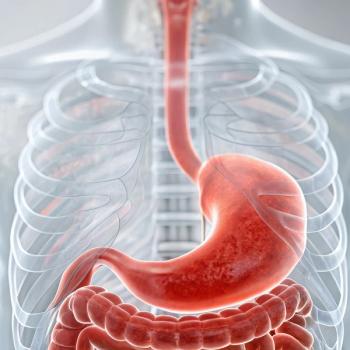
Further data could back zanidatamab as advanced treatment for HER2-positive advanced gastroesophageal adenocarcinoma.
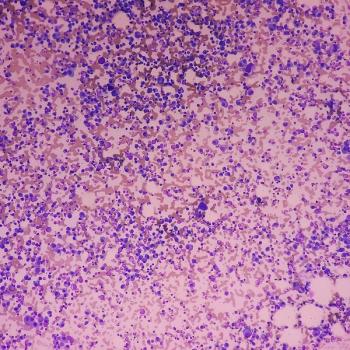
Step-up dosing with remote monitoring resulted in 47% of patients receiving bispecific antibodies remaining outpatient, even in cases of CRS.

For patients who have progressed on endocrine therapy, consistent monitoring of blood counts and biomarker testing informs treatment sequencing.
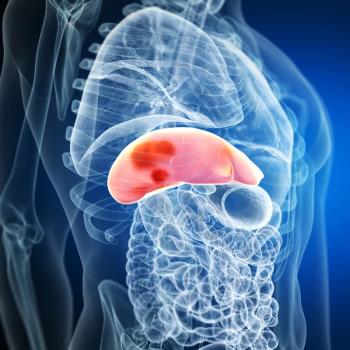
Irpagratinib plus atezolizumab showed durable responses and manageable safety in advanced HCC with FGF19 overexpression, regardless of prior ICI exposure.

Treatment with Temferon led to prolonged survival and possible disease control in 2 patients with newly diagnosed glioblastoma multiforme.